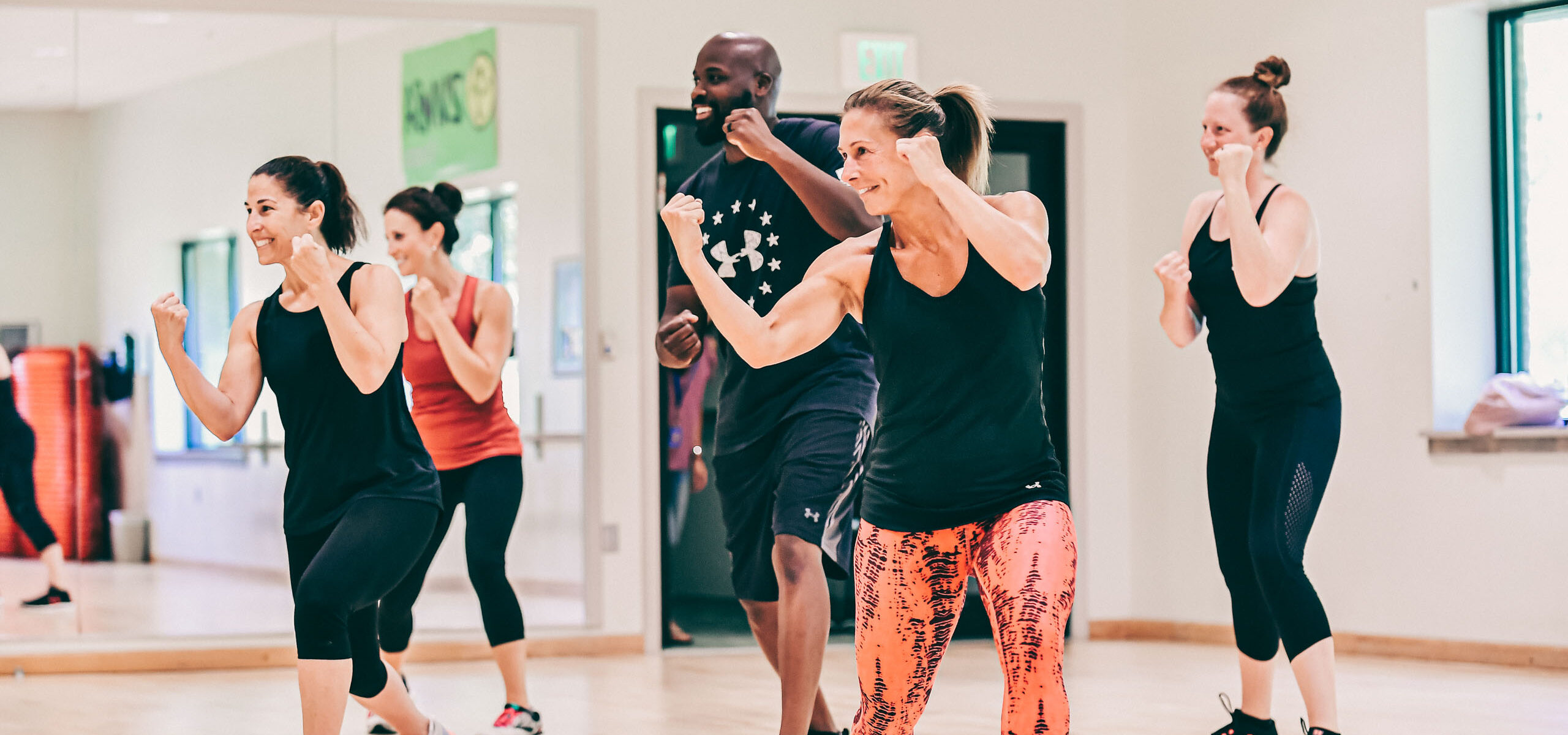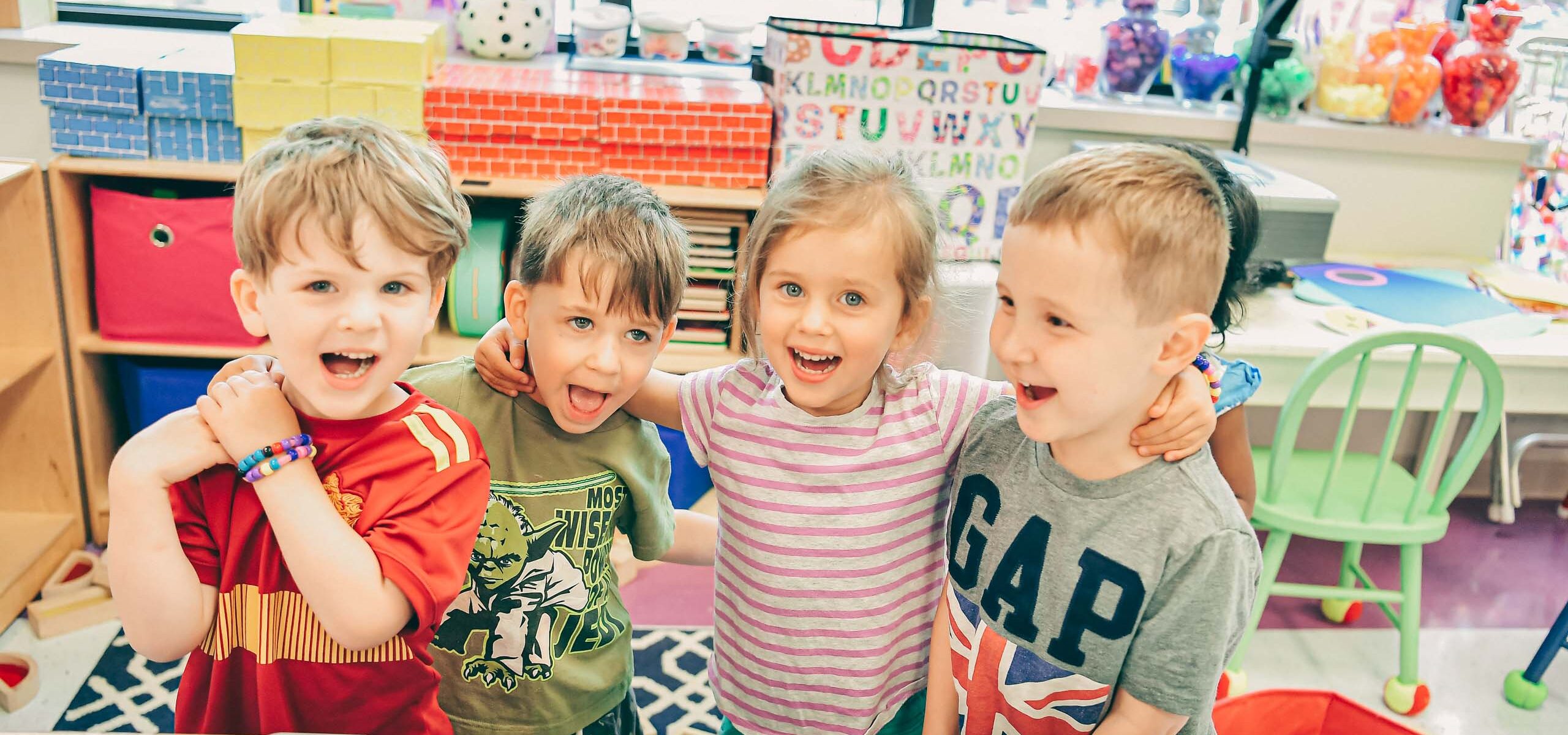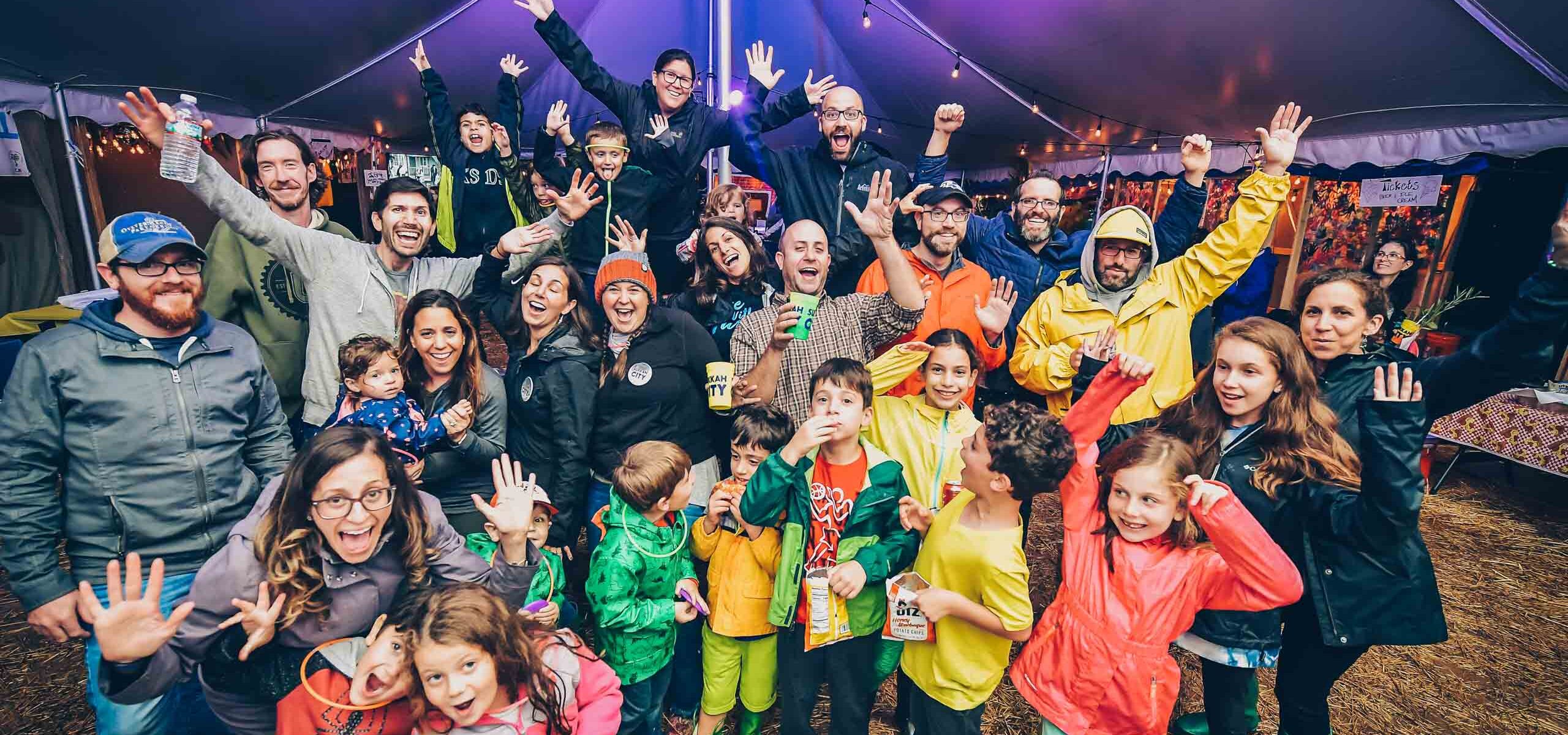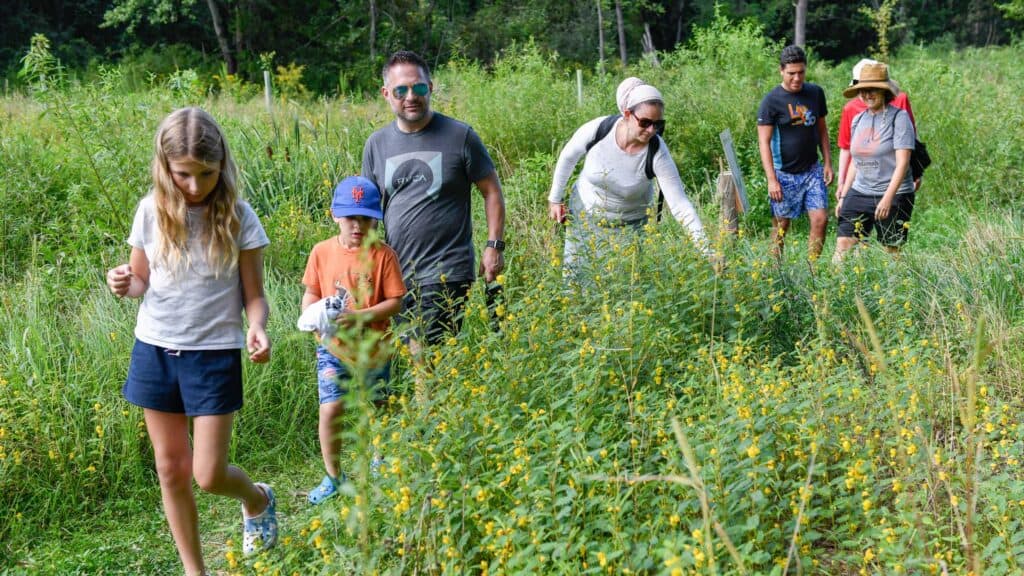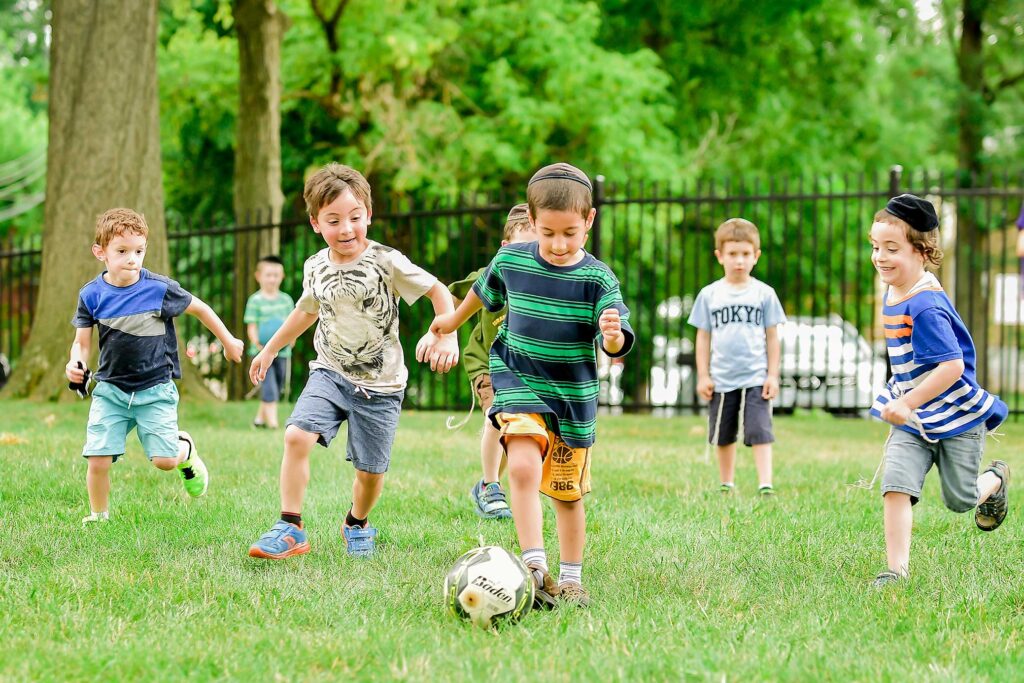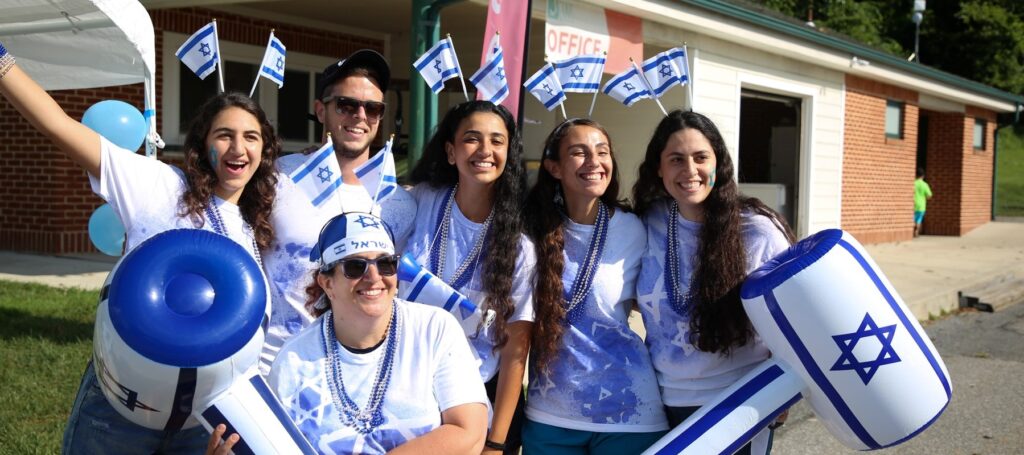Inclusion Programs at the J
February is national Jewish Disability Awareness & Inclusion Month. T.J. Casser is the father of Ethan Casser, a seven year old boy who has Autism and pronounced communication delays. Ethan has attended J camps and has been actively involved in JCC inclusion programs. Please read along as T.J. shares some of his experiences here at the J and the wisdom he has gained in caring for his son.
Inclusion Programs at the J: A Father’s Point of View
By T.J. Casser
 Nothing prepares you for having a child with special needs. We all plan for having intelligent, talented, successful children who have the freedom and ability to pursue their dreams. Images of school during the year, followed by fun in the sun and at the pool at summer camp, with a couple of after-school and vacation activities thrown in – these are the things that childhood should be made of.
Nothing prepares you for having a child with special needs. We all plan for having intelligent, talented, successful children who have the freedom and ability to pursue their dreams. Images of school during the year, followed by fun in the sun and at the pool at summer camp, with a couple of after-school and vacation activities thrown in – these are the things that childhood should be made of.
Our eldest child, Ethan, is a sweet-natured seven year old who has Autism and pronounced communication delays. Like most parents, the possibility of a child with special needs didn’t enter into the equation when he was born and indeed, when he was very little, we had no inkling that there was something ‘different’ about our son. It was only as time passed that we noticed the signs that something was different, and that required re-evaluations of what we thought we could expect for him as he grew older.
To be wholly fair, my experience with special needs children before being a parent of one was limited. In the 1990’s, I had been a counselor and a lifeguard at a JCC day camp in New Jersey which offered a special needs program that was almost wholly separate from the regular camp program, save for being at the same physical location as the day camp. Inclusion was minimized, with the campers in the special needs program having their own bunk, and attending activities as a group on their own except for the camp-wide Kabbalat Shabbat at the end of the day on Friday and for the bussing to and from the camp. With this being my only example of how the matter was handled, it seemed normal to me to expect that this was how things would be for my son as he got older – that he’d have the opportunity to have some normal childhood experiences, but in a limited fashion that often seemed more to be ‘tolerated’ by the places that would deign to take him.
You can imagine my surprise when we discovered just how much things have changed at JCCs in the intervening twenty years. We weren’t totally unfamiliar with the offerings for most children at the JCC – Ethan had been at the Stoler Owings Mills ECE before his diagnosis and before he moved to the public schools to receive services – but my view of what the JCC could offer for him was still colored by what I’d seen when I’d been younger.
For starters, camp has changed remarkably in the meantime. Our son has been a camper at the former Camp Milldale for the last three summers, and will be attending J Camps for a few weeks this coming summer. Where campers with his disability would have been segregated into their own group years ago, he’s been fully included in bunks full of normally developing children, with the addition of a one-on-one aide to help him through his day. Aside from the extra counselor, there’s no difference between him and any other camper. He’s treated exactly the same as any other child, and enjoys the benefits of having a staff that has experience with children like him, to help him deal with where he hits his limitations because of his Autism.
Additionally, through the JCC camp, he receives educational services – in his case occupational and speech-and-language therapies – that he’d be getting as part of his education plan if he stayed at his school through the summer. And, in the meantime, he gets something far more important: something close to the camping experience that he’d be getting as a regular camper – all of the swimming, the ga-ga, sports, crafts, and fun memories for later in life, just as we’d normally hope for any child.
Ethan has also been welcomed warmly into the JCC’s School’s Out program, which was a surprise to us. Disruptions to Ethan’s schedule usually present a problem. Like many children with Autism, he functions best when he has consistency and can expect transitions between activities, and school vacations present exactly the opposite of this. With a little bit of advance warning, the JCC has been very accommodating with offering us a spot in the program as well, with a one-on-one aide to help him in the same ways as during camp, so that he’s able to join his peers and have something organized to fill his day. Instead of spending his day at home with us trying to find things to keep him engaged, he gets the same opportunity as other school-aged children to participate in sports, music, arts and swimming, and he comes home happier afterwards.
One of the surprising additional programs we’ve discovered at the JCC, though, is the “Sunday Funday” program. Held at the Owings Mills JCC every other Sunday for four hours, it’s like a mini-School’s Out program, but only for children with special needs. While it doesn’t offer him the same kind of peer modeling and integrated experiences that he gets with other JCC programs, it lets him work on his other skills while having fun, gives him a chance to go swimming every other week (because Ethan seems to be part-fish anyway), and helps provide him with the consistent schedule that he needs during weekends when structured plans seem to go out the window anyway. It’s a program he definitely looks forward to at this point, since any morning where we don’t start out with our usual routine, he asks if he’s going to the JCC for ‘Sunday’.
Obviously, there are always going to be challenges with having a special needs child and finding appropriate activities. The offerings at the JCC, though, definitely help to lighten the load with making childhood for our children as normal as possible. You can also visit jewishabilities.org for local resources and support in raising children with special needs
